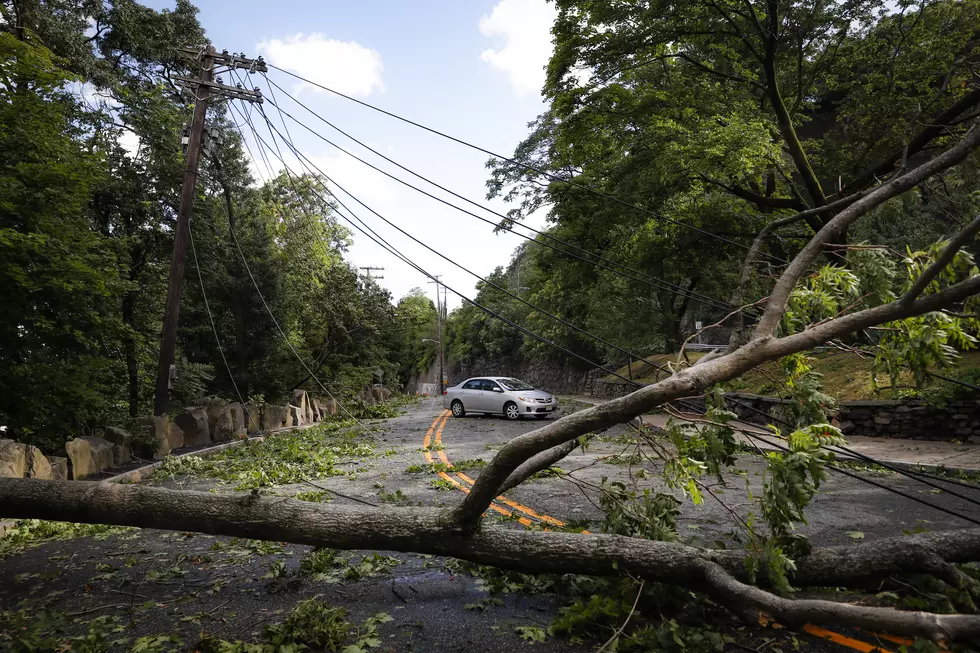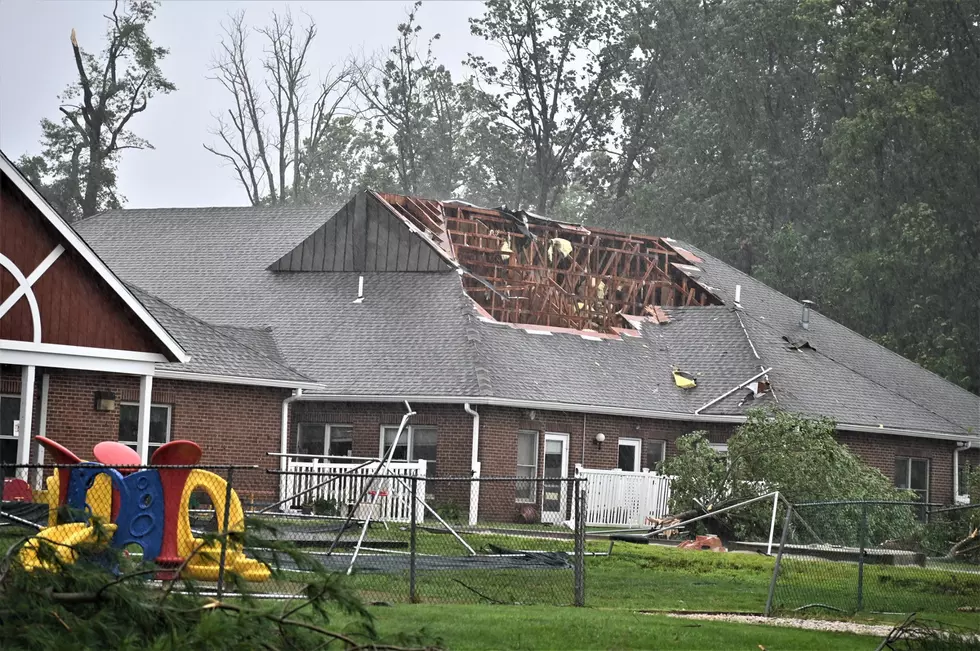
Can NJ’s ongoing power outage problems ever be solved?
Three days after the tropical storm system battered New Jersey, tens of thousands of homes and businesses are still without power and the outages may stretch into the middle of next week in some areas.
Every time there’s a significant storm — whether it’s rain, wind snow or ice — millions of residents in the state lose their electricity for an extended period of time.
Professor Frank Felder, the director of the Rutgers University Center for Energy, Economic and Environmental Policy, said there are multiple reasons why the Garden State has so many power outage problems, not the least of which is that the state is the most densely populated in the nation, which means there are a lot of power lines jammed together.
He said these electric lines are frequently running through neighborhoods with a lot of tree branches that can snap power lines.
Felder said tree-trimming is the solution to this problem but “utilities have a tough time in many cases getting towns who are willing to trim trees.”
He said the utilities themselves have tree-trimming programs but “a lot of towns have tree commissions, arbor commissions — they like the trees, people like living on streets that are tree-lined as you walk down the sidewalk.”
He noted another reason why New Jersey always seems to get clobbered is we are a coastal state and storms that run up the coast will almost always have a significant impact.
Rutgers University-Camden finance and utilities professor Richard Michelfelder said another problem is the effects of climate change.
Felder said there is no simple fix.
“If you want to bury lines underground, assuming you can dig into the ground, that’s very expensive. There’s tens of thousands of lines that would have to be buried," he said.
Michelfelder said burying lines is not a reasonable alternative because the cost would be astronomical and it would take several lifetimes to complete.
He pointed out upgrading existing equipment is also expensive and time consuming.
“Higher reliability means higher costs and it means higher rates,” he said. “And it’s already tough because the rates in New Jersey ... are among the highest in the nation.”
He pointed out every time the utilities ask for a rate increase to improve the reliability of their systems, they get rejected.
“You have to compare the quality of the power you want with the price that you’re willing to pay,” Michelfelder said.
Felder suggested state oversight of the major utilities is not as strong as it needs to be.
“There just needs to be more attention and oversight and expertise, to be candid, by the state to address this problem. Otherwise, next year we’re going to have the same conversation," he said.
Assembly Minority Leader Jon Bramnick, R-Union, is calling for a special session of the Legislature to discuss upgrading the New Jersey power grid.
MUST SEE: Damage from Isaias in New Jersey
You can contact reporter David Matthau at David.Matthau@townsquaremedia.com
More From 94.5 PST










